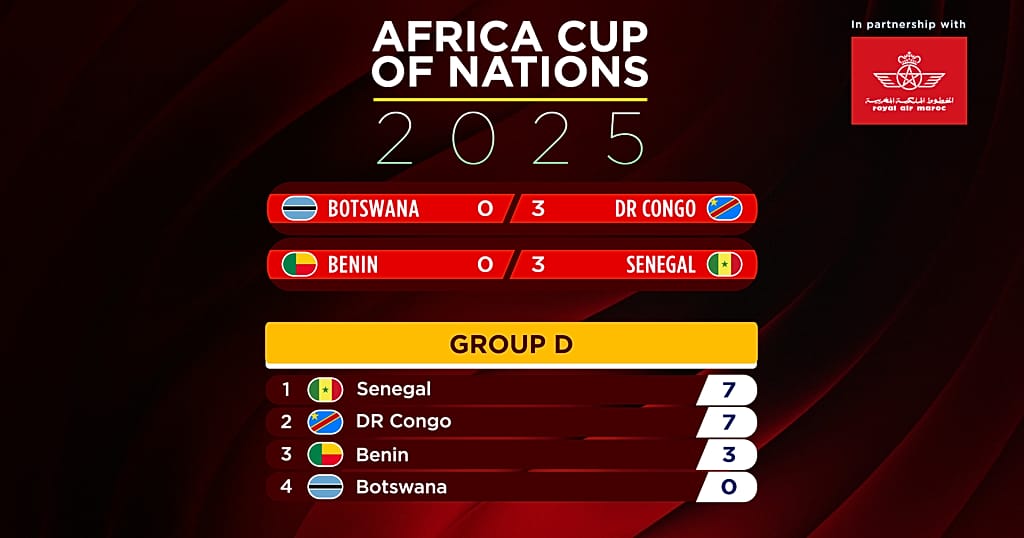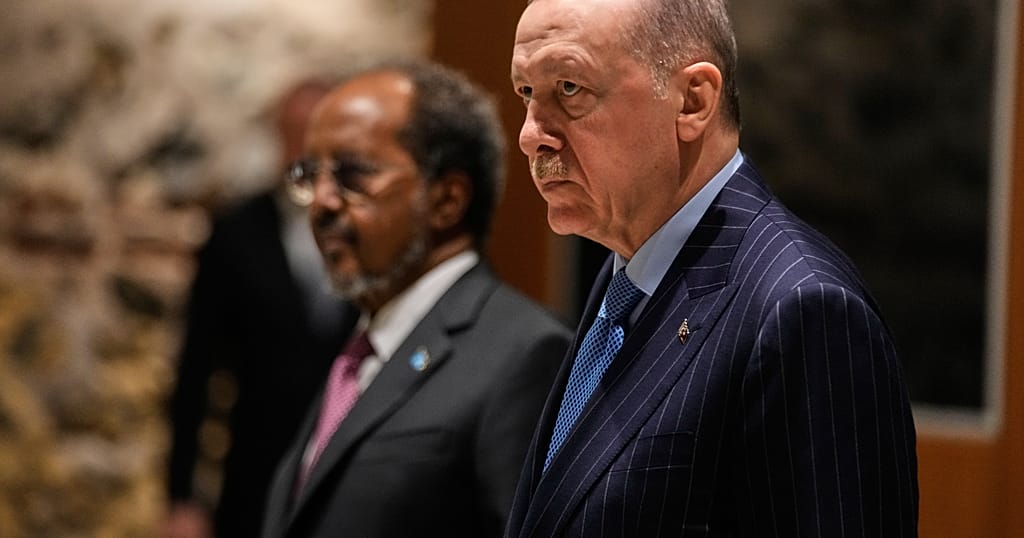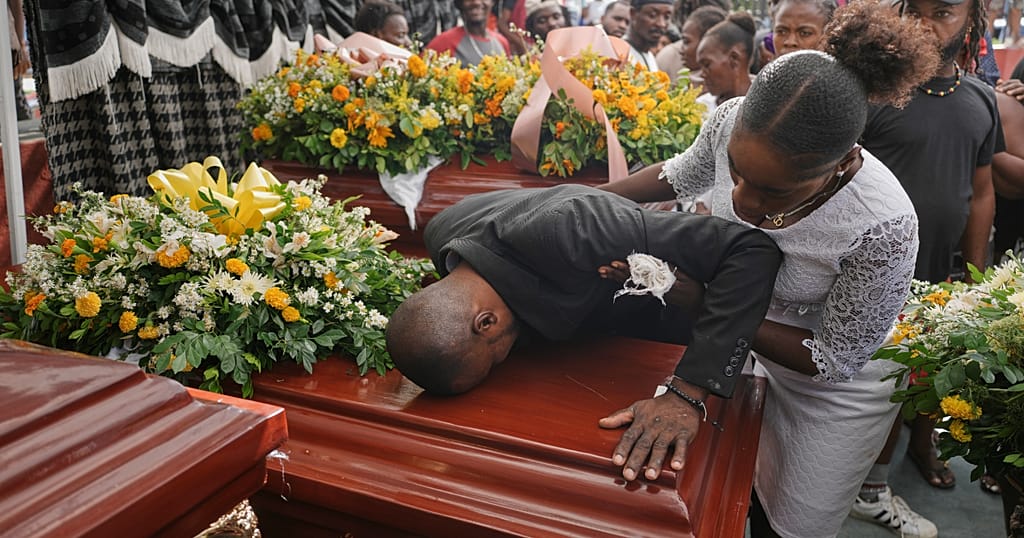Meet the youngest Senegalese film director breaking barriers at Cannes festivals

The youngest film director in this year’s Palm d’Or race, who is a French-Senegalese director Ramata-Toulaye Sy presented her first film, “Banel & Adama”, on Saturday.
Born in France to Senegalese parents, she brought out this romance as a tribute to her African culture and also to fill a gap in the film landscape.
“All I wanted, little by little, was to really deconstruct, deconstruct this vision of Africa that we have, even on the place of women in relation to Banel. And that’s why she’s an unsympathetic character. She’s not the smooth, oppressed, black African woman who seeks help, who we expect. Banel, I know she’s very unsympathetic and a lot of people can’t like her and so much the better. It’s completely assumed and that’s also why we wanted to deconstruct all the codes we knew about cinema and Africa,” said Ramata-Toulaye Sy, a French-Senegalese director.
Banel & Adama is the story of a young couple whose love is put to the test by the traditions of their village, located in northern Senegal, on the border with Mauritania.
Ramata is now hoping that her film at this years Cannes festival will position her for better recognition.
“The competition, we didn’t expect it. We are in Cannes. We’re in competition, it’s a first film, it’s an African film, it’s an unexpected film. I know that in the articles, people always say “Who is she? We don’t know her”. But I know myself, I have been here for a long time. I work and have worked to be here. I didn’t just end up here yesterday, in fact. I studied film, I was at university, I went to La Fémis, I co-wrote features. So you didn’t know me. But today, you know me,” said Ramata-Toulaye Sy, a French-Senegalese director.
The daughter of Senegalese immigrants, Ramata-Toulaye Sy was born in the Paris region where she spent her entire childhood. It was on the benches of the Fémis, the prestigious film school, that she had the idea for Banel and Adama, the script of which she presented at her graduation competition in 2015.
She wrote it as a tribute to her family culture. But also to fill a glaring lack of representation in the film landscape.
Source: Africanews


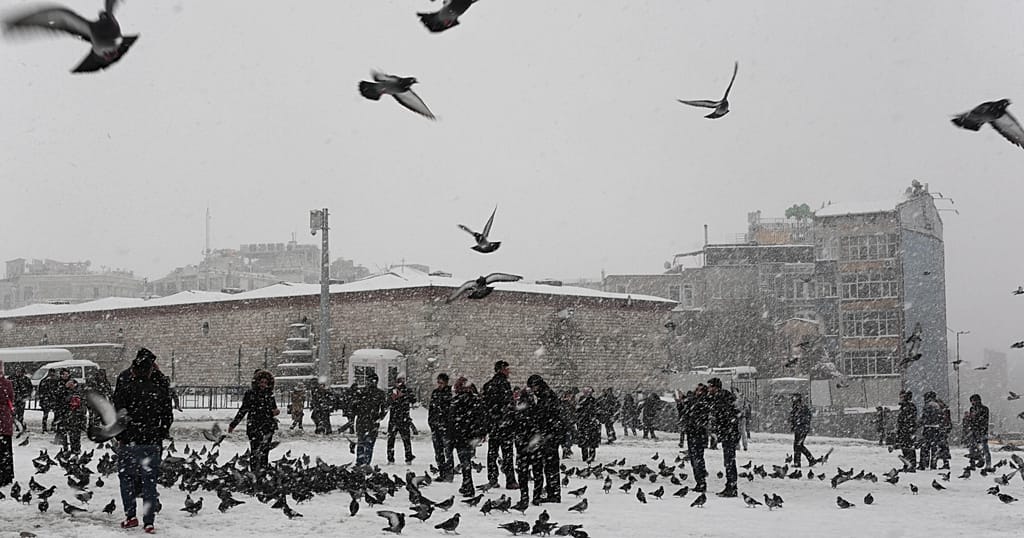

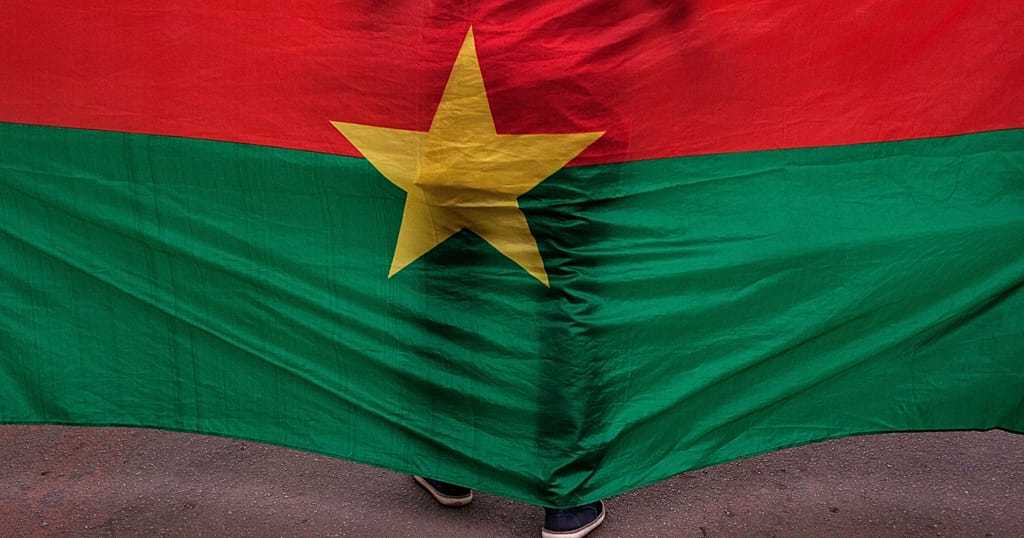
![Africa’s economy to expand in 2026 despite risks [Business Africa] Africa’s economy to expand in 2026 despite risks [Business Africa]](https://images.euronews.com/articles/stories/09/59/18/91/1024x538_cmsv2_a090e29c-4edc-5b24-a887-6dea31e3ec4e-9591891.jpg)


